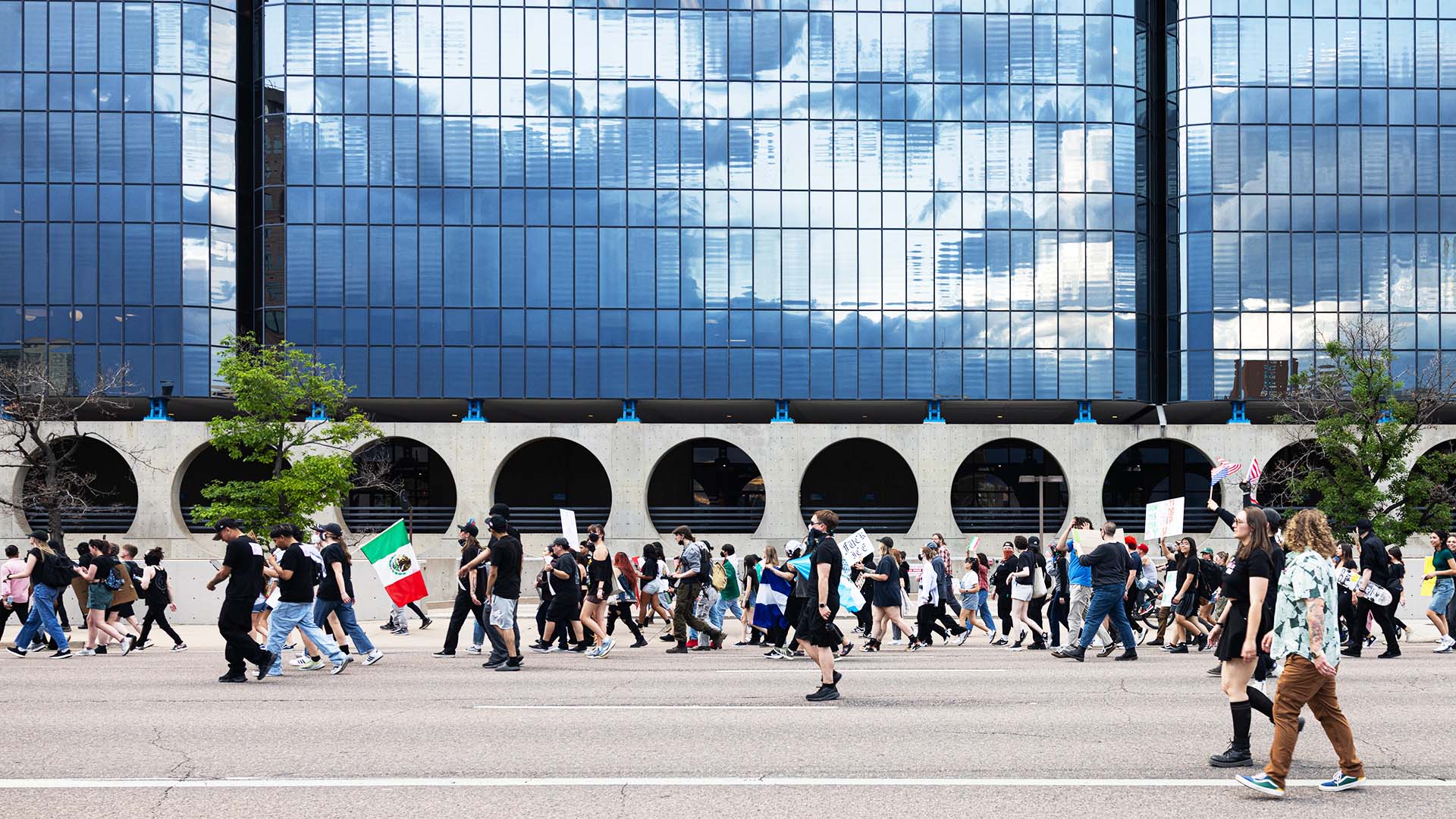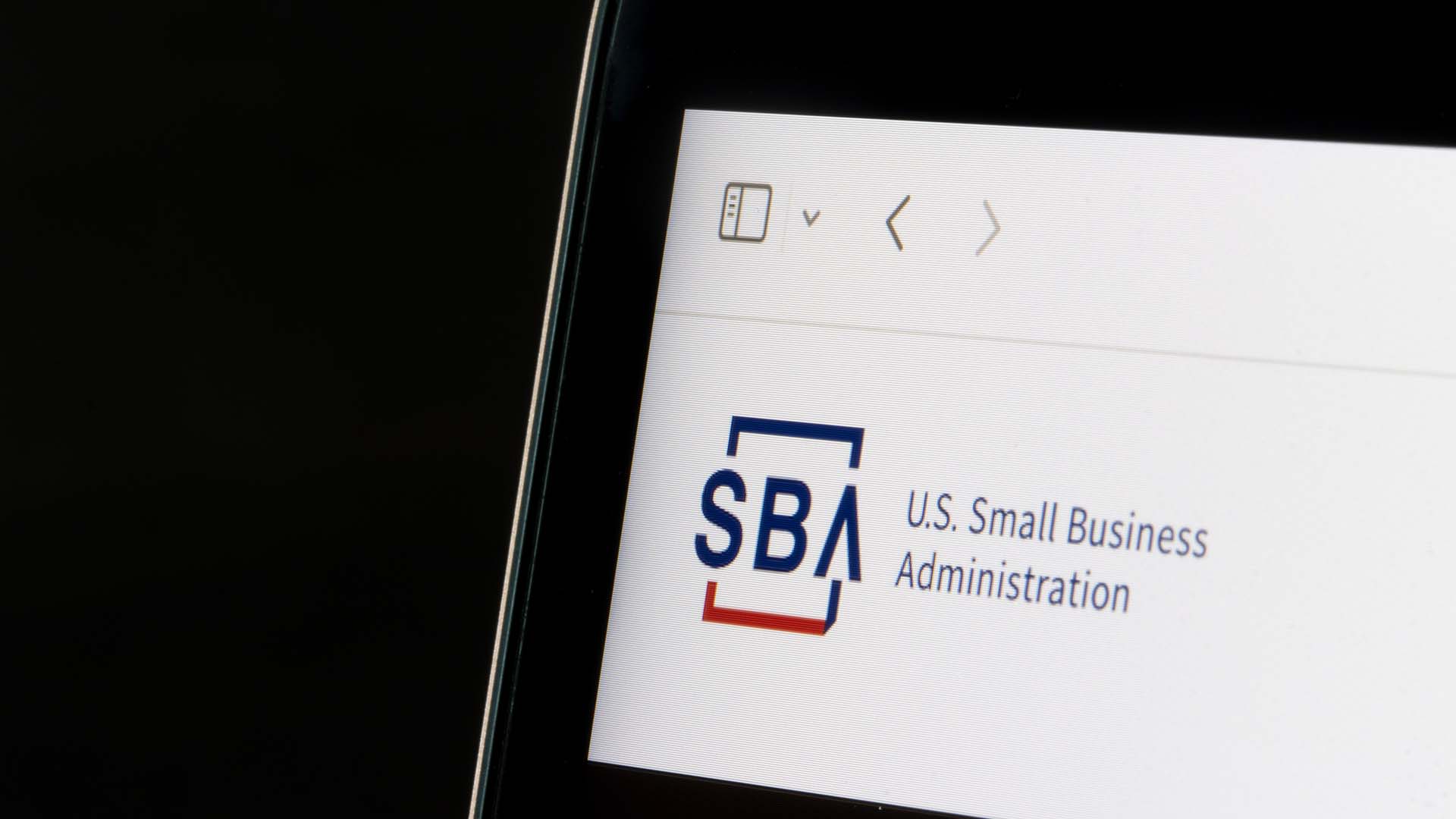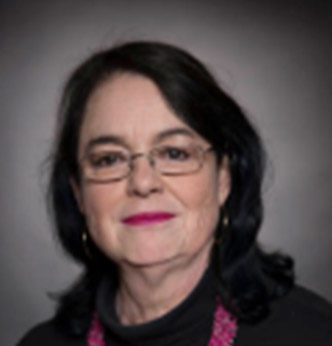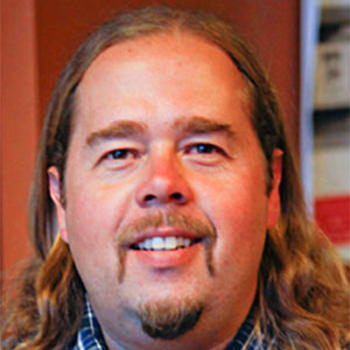Dreamers reflect on a decade of DACA
Recipients mark 10 years of the Deferred Action for Childhood Arrivals program, but the future of the temporary immigration solution is still in doubt.
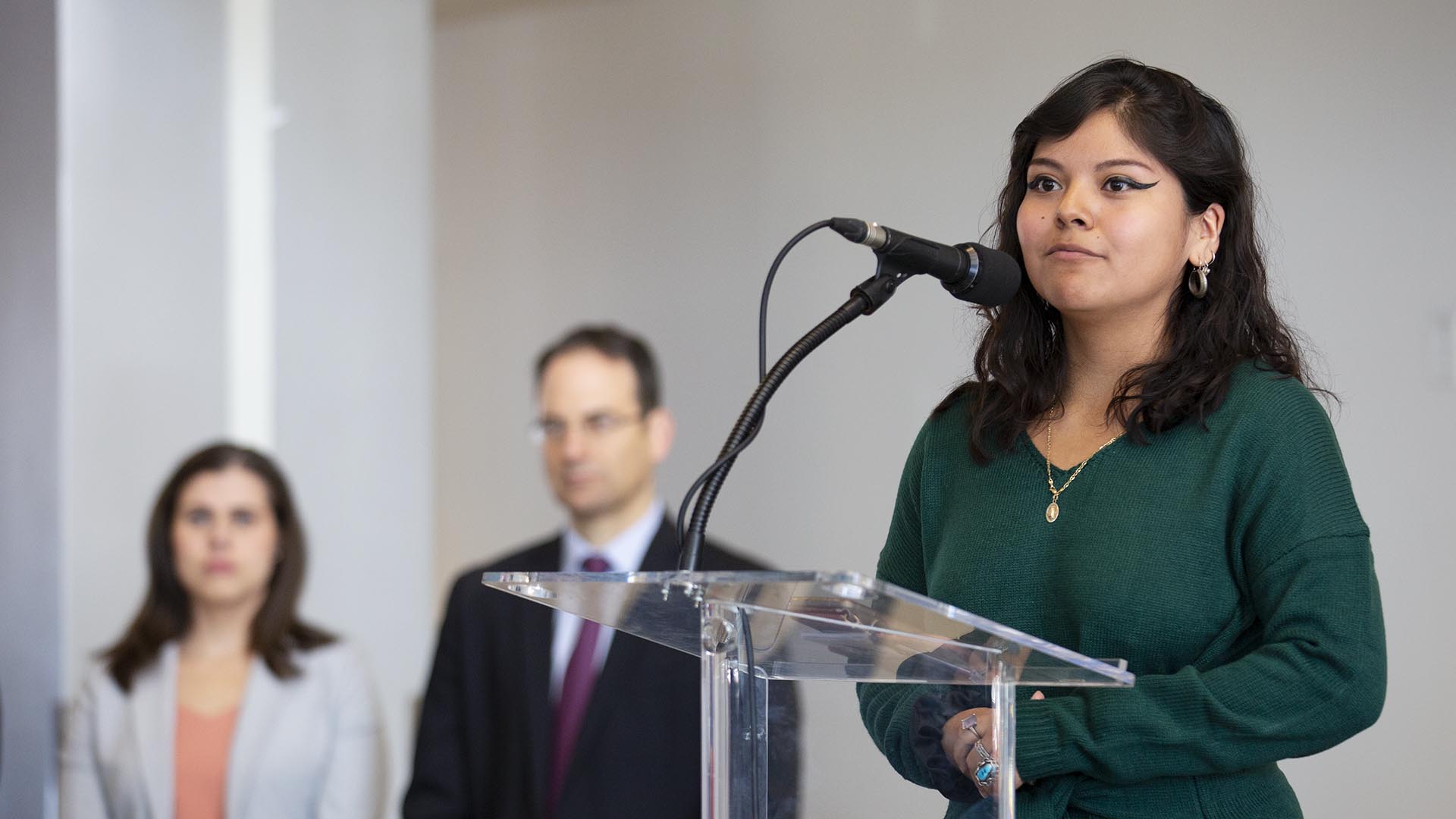
Three years ago, Metropolitan State University of Denver students Estéfani Peña Figueroa and Eunice Callejas Solano gave impassioned speeches at a campus rally in support of the Deferred Action for Childhood Arrivals program, just as the U.S. Supreme Court was hearing oral arguments weighing the legality of the measure.
MSU Denver Trustee Marissa Molina was there at the court, 1,700 miles away from her home in Denver, to let the world know her home is here in the United States. All three are beneficiaries of the program, known as DACA.
The justices ultimately ruled 5-4 that the Trump administration’s effort to rescind DACA was invalid, upholding work authorization and protection from deportation for eligible immigrants brought to the U.S. as children.
But that victory was temporary for DACA recipients, who have had little certainty since the program was created with an executive order by President Barack Obama 10 years ago, on June 15, 2012.
RELATED: Defending DACA in Denver and D.C.
That bittersweet 10th anniversary arrives this week with another court challenge imminent, this time in the Fifth Circuit Court of Appeals in New Orleans, where oral arguments are set to begin July 6. And once again, DACA recipients like Peña Figueroa, Callejas Solano and Molina will hold their breath as their legal future in the U.S. hangs in the balance, despite three-fourths of Americans supporting legal status for Dreamers.
“For my entire life, there has always been that looming presence of fear and cynicism in regard to my future being in the hands of random people,” Callejas Solano said. “It is frustrating, and each time it happens it is the same cycle of frustration, worry and anger. There will never be a real sense of security with something that can be so easily taken away.”
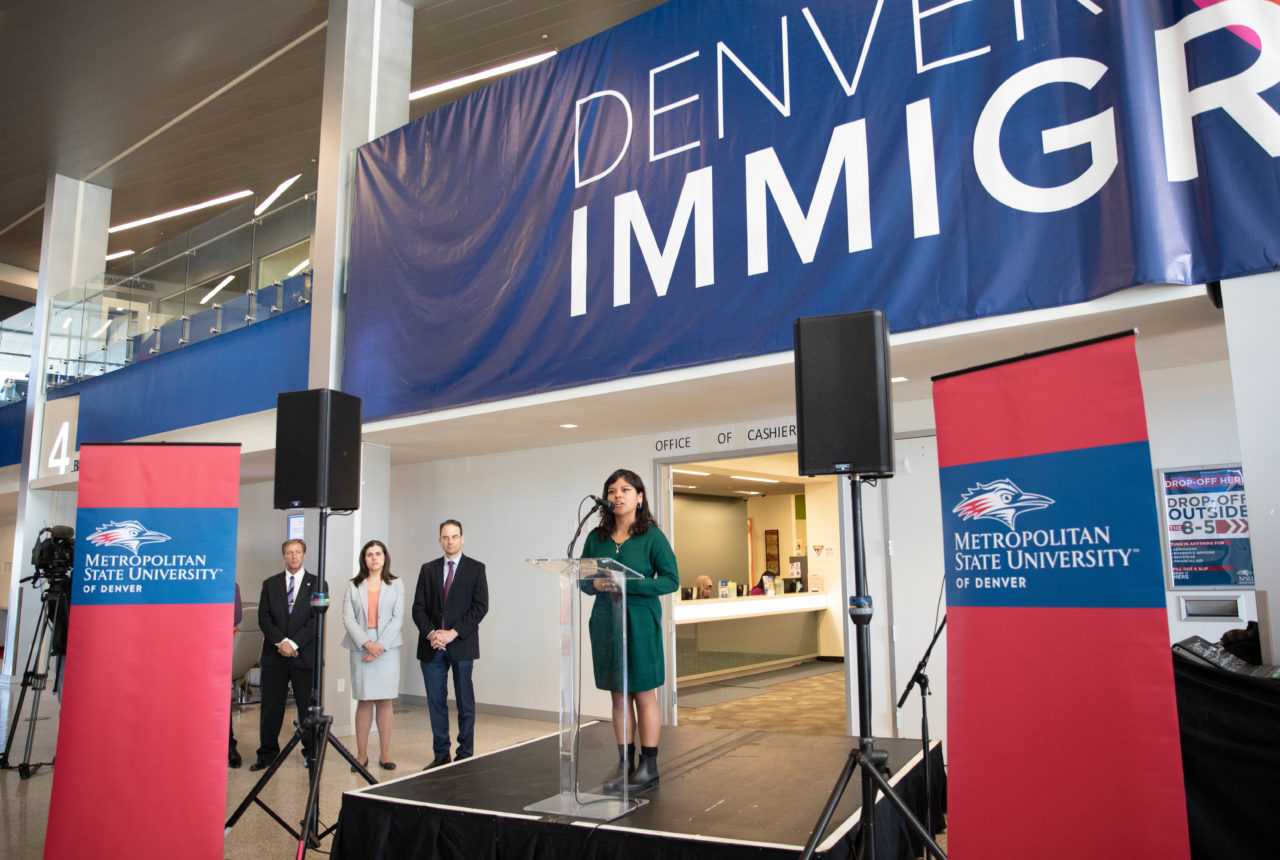
Roughly 800,000 people, who have lived in the United States for an average of 22 years, have benefited from DACA.
Callejas Solano, for example, came to the U.S. from Mexico when she was 2 years old, graduated from MSU Denver (Communication Studies, ’20) and now works as a coordinator of college success at a Denver high school, where she helps students apply for college and plan their lives.
As a former member of the MSU Denver Debate Team, she uses her experience to teach students to advocate for themselves, as she has had to do time and again as an immigrant seeking permanent legal status.
Callejas Solano said the 10th anniversary of DACA provides her some relief while also serving as a stark reminder of a lack of progress.
“It’s a relief simply because I am still able to work and receive the benefits that come with DACA, but it is also a reminder of the fact that in the 10 years that it has been in place, there has been little to no progress made toward a path to anything better.
“There have, in fact, been several attempts to take a step back,” she said. “It also is a reminder that there are also people who aren’t granted the same minimum rights we are and a reminder that we can’t settle.”
RELATED: Dreamers keep dreaming after Supreme Court win
Fewer than half of the 427,000 undocumented students currently enrolled in college are protected by DACA. When the program was still accepting new applicants, DACA recipients generally had to be between the ages of 15 and 31.
After the Trump administration attempted to end DACA in 2017, no new applicants were allowed outside of brief windows between court rulings, even though the Supreme Court upheld the program for existing recipients in 2020. Some DACA recipients such as Peña Figueroa have younger siblings who also came to the U.S. as children but weren’t old enough to apply for DACA until it was too late.
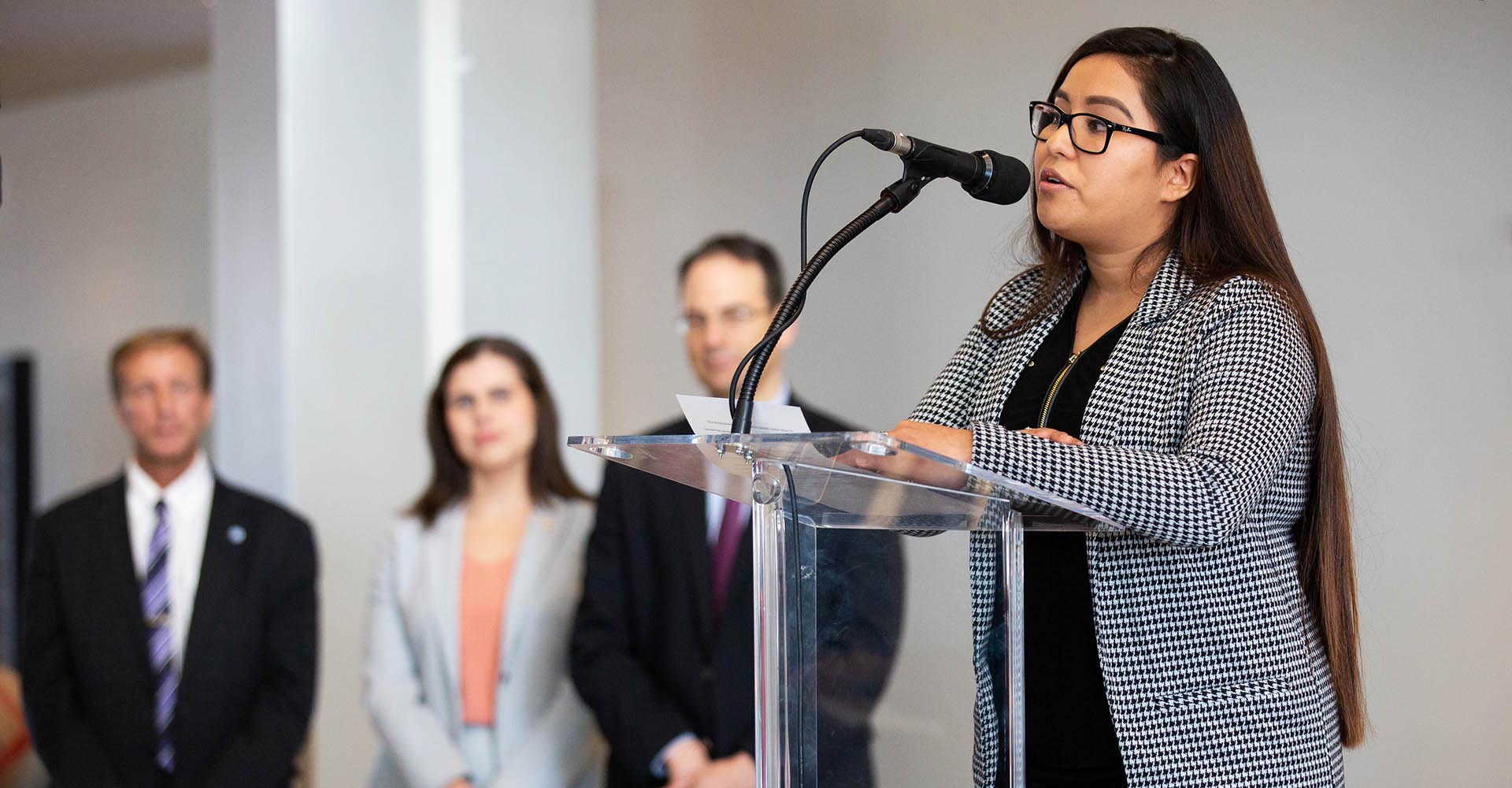
She said one of the reasons her mother risked her life and left her extended family behind in Guatemala was to give Peña Figueroa a chance to go to college. She fulfilled that dream, graduating from MSU Denver in 2020 with a Health Care Management degree, and now she works for the University’s Immigrant Services Program as a student success specialist, making sure other immigrant students know what resources are available to them and helping them find a sense of belonging. Still, she worries about her future and theirs.
“DACA completely changed my life 10 years ago. The possibilities seemed endless,” she said. “However, this celebration is also a reminder that in 10 years, DACA continues to be a temporary solution. Although I benefit from DACA and everything it offers me, I am not able to fully enjoy those benefits. I cannot help but worry about my future, angry at the situation and numb at the fact that my life depends on others.”
At MSU Denver, 332 undocumented students studied last year under the ASSET Law, which allows eligible undocumented students to pay in-state tuition. The University has long been a leader in supporting undocumented students, offering undocumented Coloradans in-state tuition in 2012 before DACA was established.
DACA recipients are required to pay $495 to renew their protections every two years, and MSU Denver has provided close to 130 grants to cover DACA renewal fees for students since 2017. The University has partnered with immigration advocacy group FWD.us to provide 10 additional grants in recognition of the 10th anniversary.
For more DACA, ASSET and other and student resources, contact Immigrant Services or email [email protected]. To learn more about how you can help, sign up as an MSU Denver Champion.

